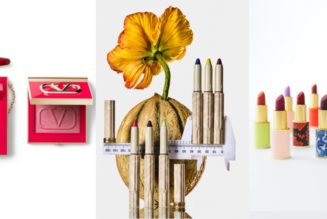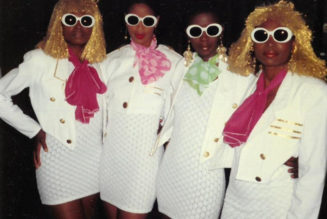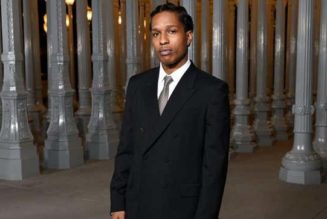Luxury fashion brand Telfar wants to let consumers set their own prices.
In an era when high-priced goods continue to show durability, the New York-based designer is set to begin offering a “live price” model, Fast Company reported Monday (March 20).
“Many brands use price as a barrier to entry,” Telfar Clemens, the company’s founder, told the publication. “I never wanted that for my brand.”
It works like this: When Telfar debuts its new collection next week, shoppers will see that prices aren’t fixed. Instead, the label’s website will feature a dynamic pricing tool designed to make sure that the post popular items are priced lower, the report stated.
Clemens is a rising fashion star, according to the report, with his bags carried by Alexandria Ocasio-Cortez and Dua Lipa. He was also name-checked in song by Beyonce. They sell out within seconds online and go for nearly twice their retail price — which is between $157 and $250 — on secondhand sites.
Clemens told Fast Company his new approach is designed to counter the normal fashion world strategy of charging more for popular items, making Telfar’s products affordable and accessible.
There is continued high demand for luxury goods, even as inflation persists and economic uncertainty grows.
Rolex and Rolls Royce both noted strong demand in earnings reports in January, while Louis Vuitton parent LVMH reported record revenues for last year.
At the same time, many makers of higher-end clothing have begun embracing resale, a concept PYMNTS explored in a conversation with Andy Ruben, founder and executive chairman of the resale site Trove.
“Culture and shopping behaviors change, and this is a significant change. Premium brands benefit in this future because they make incredible pieces,” said Ruben. “The ability to stand behind those and stay in touch with every customer and be able to bring in new customers that might not have been able to afford their items before, but can in this way, is a bit of a no-brainer.”
Because luxury was built on the idea that it isn’t accessible, will launching a branded resale solution hurt a company’s position?
“Tesla is happy to sell me a new model 3,” Ruben told PYMNTS. “Or a used model S. They don’t care about that. They only care that I want to be in a Tesla.”
From that point of view, brands that choose to go into resale, like Canada Goose, see the lifelong connection as a larger advantage that lets them keep their brand premium.
For all PYMNTS retail coverage, subscribe to the daily Retail Newsletter.









